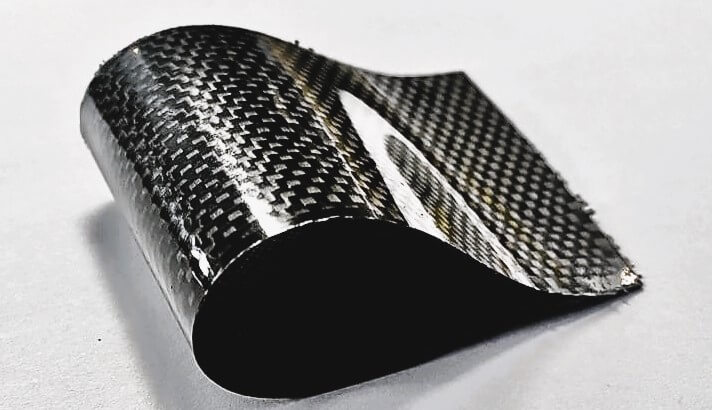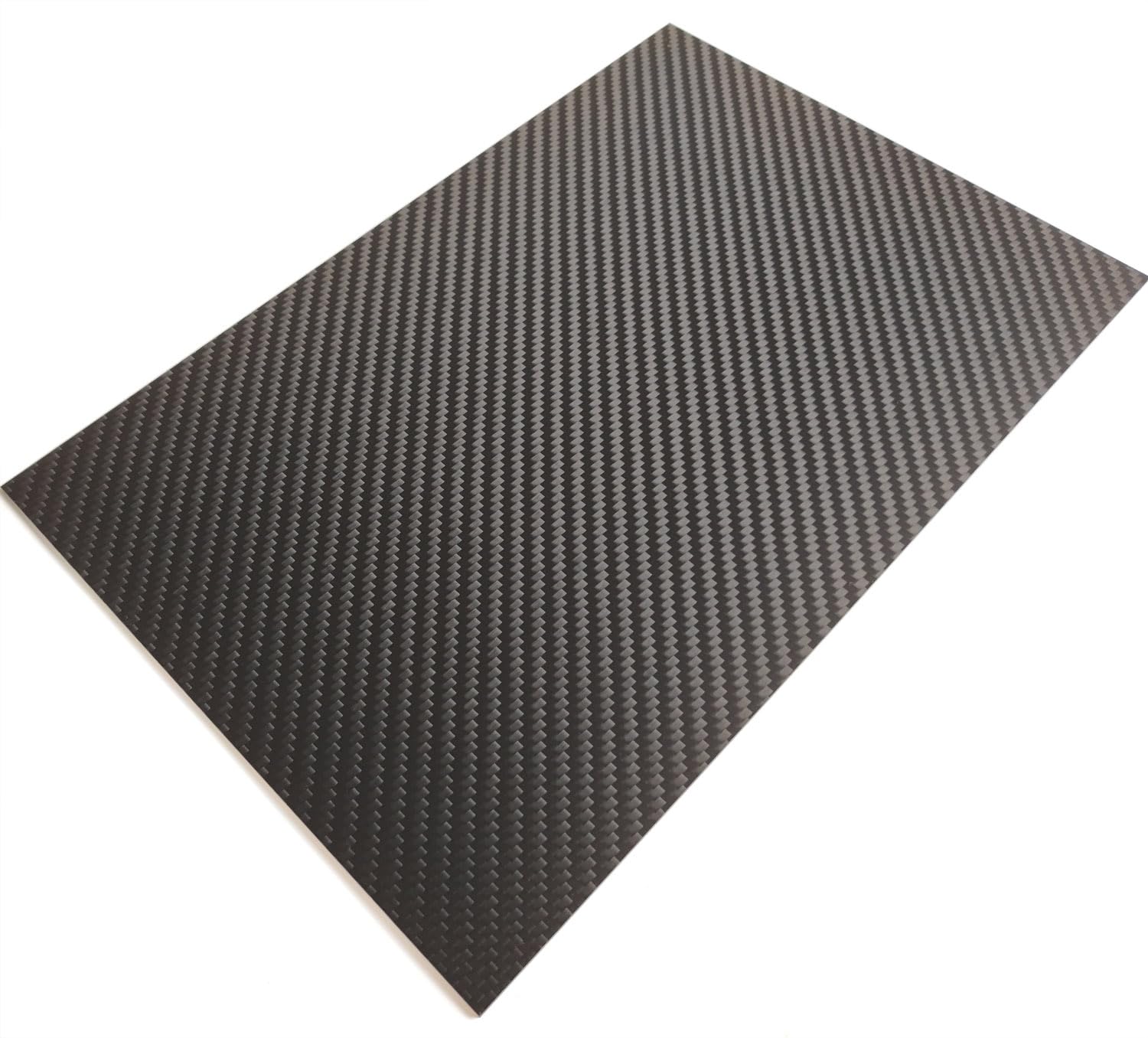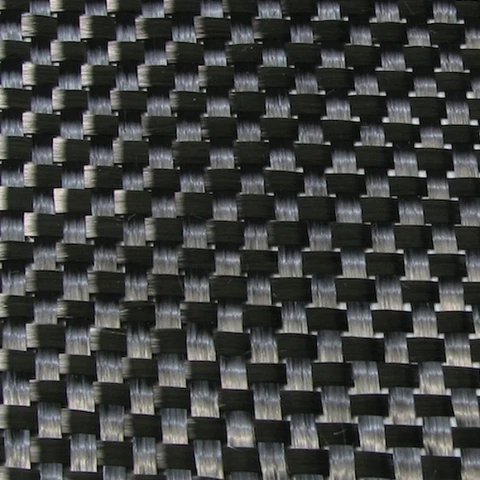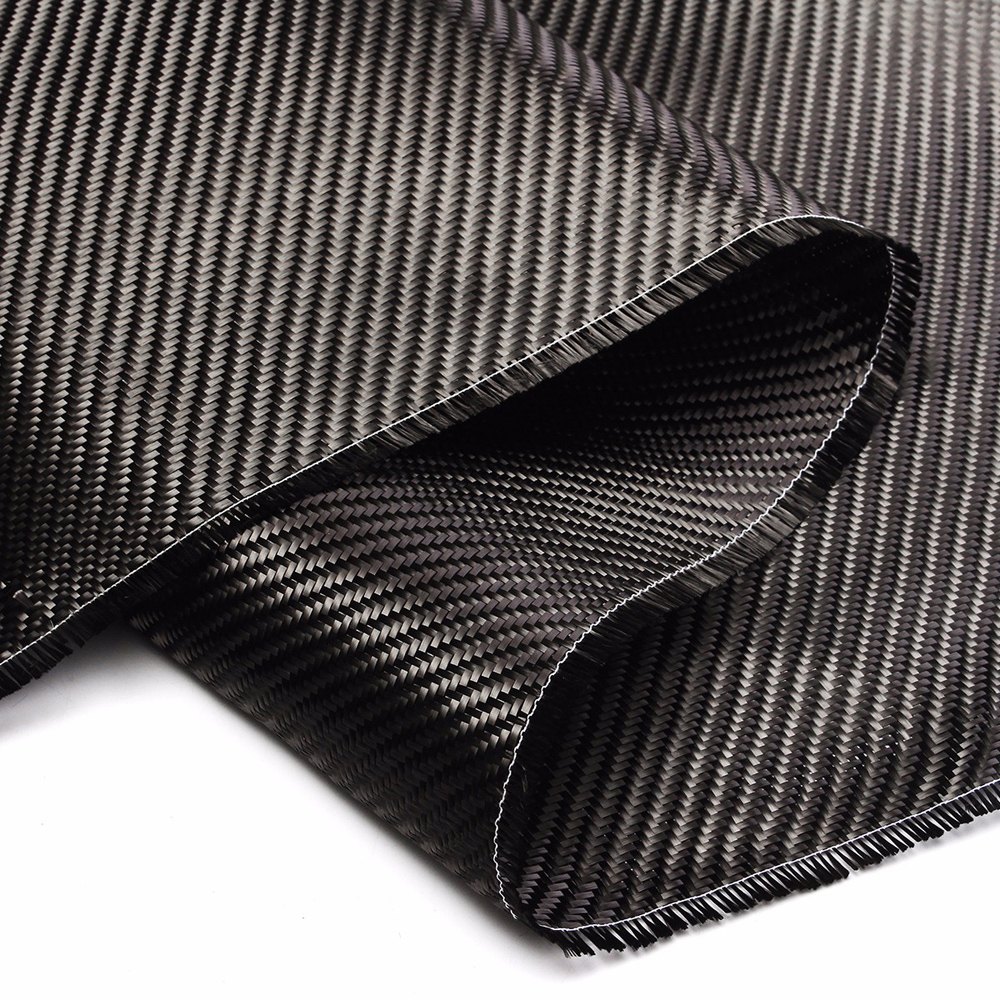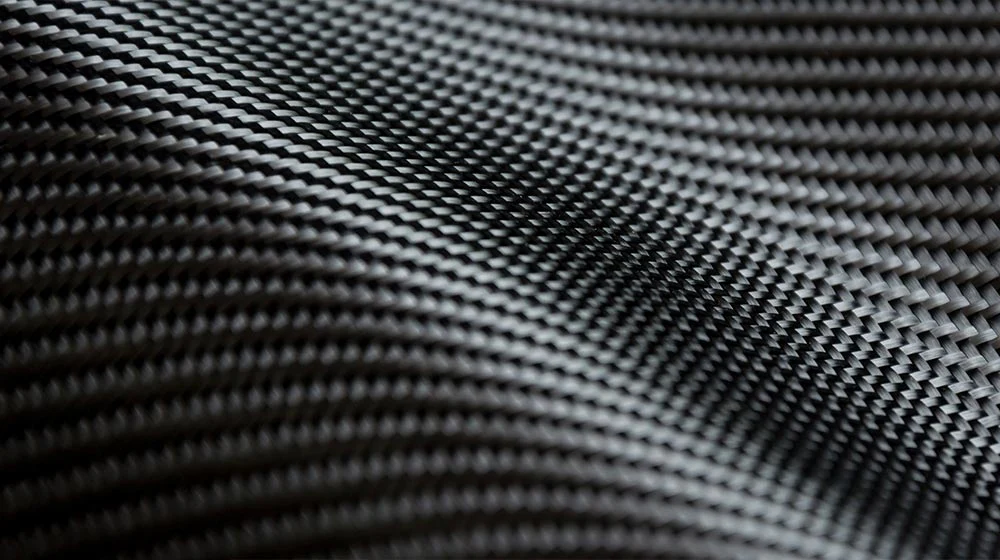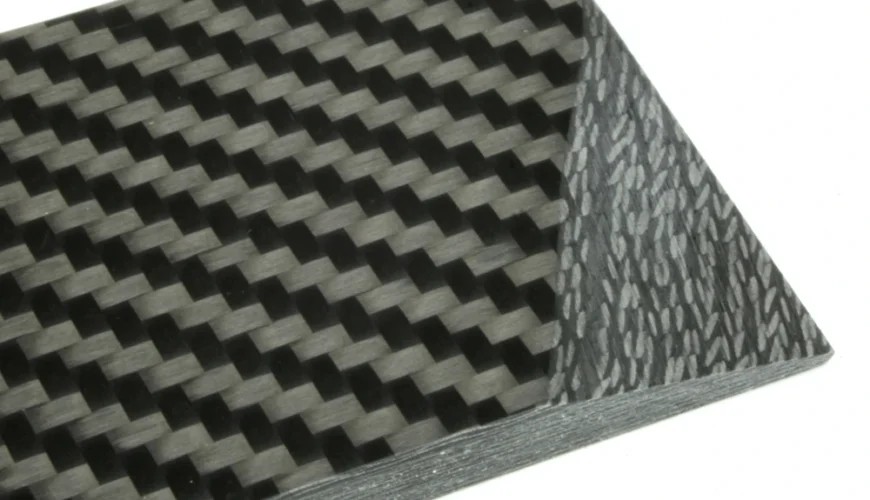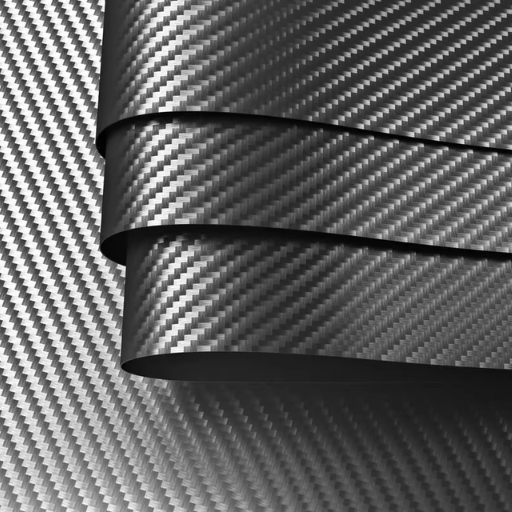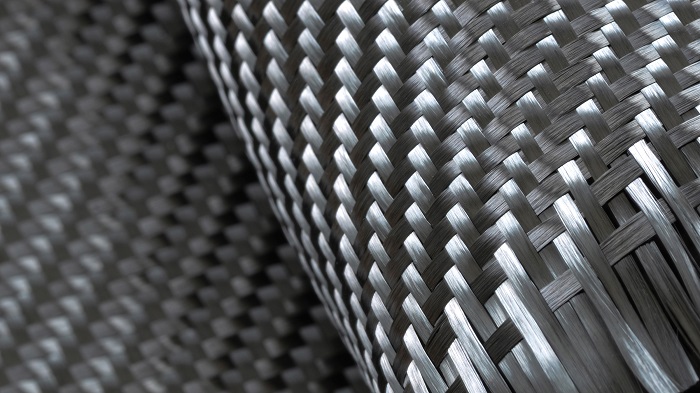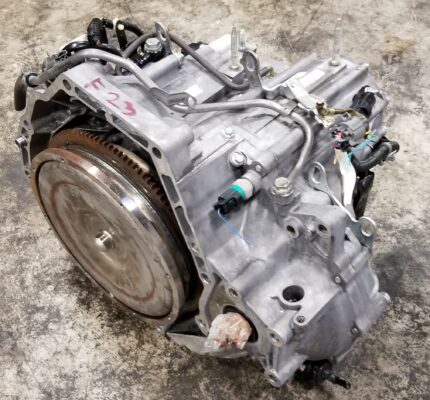Description
Carbon fiber is a remarkable material renowned for its exceptional strength-to-weight ratio, making it a popular choice across a variety of industries. Composed of thin strands of carbon atoms bonded together in a crystalline structure, carbon fiber exhibits impressive rigidity and tensile strength, which allows it to outperform traditional materials like steel and aluminum in many applications. This unique composition not only enhances performance but also contributes to the material’s lightweight characteristics, making it ideal for uses in aerospace, automotive, and sporting goods.
In the aerospace industry, carbon fiber plays a pivotal role in reducing the weight of aircraft without compromising structural integrity. Airlines and manufacturers have increasingly adopted carbon fiber composites to produce aircraft components, significantly improving fuel efficiency and reducing emissions. Similarly, the automotive sector has embraced carbon fiber to create high-performance vehicles that deliver speed and agility while being environmentally conscious.
Beyond the realms of transportation, carbon fiber also finds its application in sports equipment, from bicycles to tennis rackets. Athletes gravitate towards carbon fiber products due to their ability to absorb vibrations and deliver superior performance. As technology continues to evolve, the versatility of carbon fiber is likely to spark innovations in various fields, ranging from renewable energy to medical devices, further solidifying its place as a material of choice in modern engineering. As we advance towards a more sustainable future, carbon fiber’s potential continues to expand, promising to reshape industries while contributing to lighter, stronger, and more efficient designs.

